Think all states follow the same 1031 exchange rules? Think again. While most states align with federal 1031 exchange guidelines, some march to their own drum. Understanding these state-level differences could save you from unexpected tax surprises in your next exchange.
The State-Level Exception
Most investors know the federal rules for 1031 exchanges, but state-level compliance can be trickier. While the IRS might approve your exchange at the federal level, some states might still want their share of tax revenue. This disconnect between federal and state rules can significantly impact your investment strategy.
The Non-Conforming States
Currently, several states have unique rules regarding 1031 exchanges. Let’s look at some notable examples:
- California requires specific reporting and has strict compliance requirements for exchanges
- Pennsylvania recognizes 1031 exchanges for state tax purposes but at lower limits
- Montana has its own set of regulations for handling deferred gains
- Georgia requires additional documentation for certain types of exchanges
Impact on Your Exchange Strategy
These state-level differences can affect your investment in several ways:
- Higher state tax liability than anticipated
- Additional reporting requirements
- Different timelines for state tax purposes
- Potential need for separate accounting of basis and gains
Strategic Planning Tips for 1031 Exchange State Rules
To navigate these state-level complexities:
- Consult with tax professionals familiar with both states involved in your exchange
- Factor potential state-level taxes into your investment calculations
- Consider the long-term implications of holding property in non-conforming states
- Keep detailed records specifically addressing state-level requirements
Protection Through Preparation
The key to a successful multi-state exchange is understanding these differences before you begin. Work with qualified professionals who know the specific requirements of both your relinquished and replacement property states. This expertise can help you avoid costly surprises and ensure your exchange complies at both federal and state levels.
Remember, while these state-level differences add complexity, they shouldn’t necessarily prevent you from pursuing profitable opportunities in these locations. The key is understanding the rules and planning accordingly.
Need help understanding how state rules might affect your next 1031 exchange? Contact our team at 888-508-1901. We’ll help you navigate federal and state requirements to ensure your exchange succeeds at every level.

Real Estate Agents and 1031 Exchanges: A Crucial Partnership

Yes, You Can Finance Your 1031 Exchange Property – Here’s How



